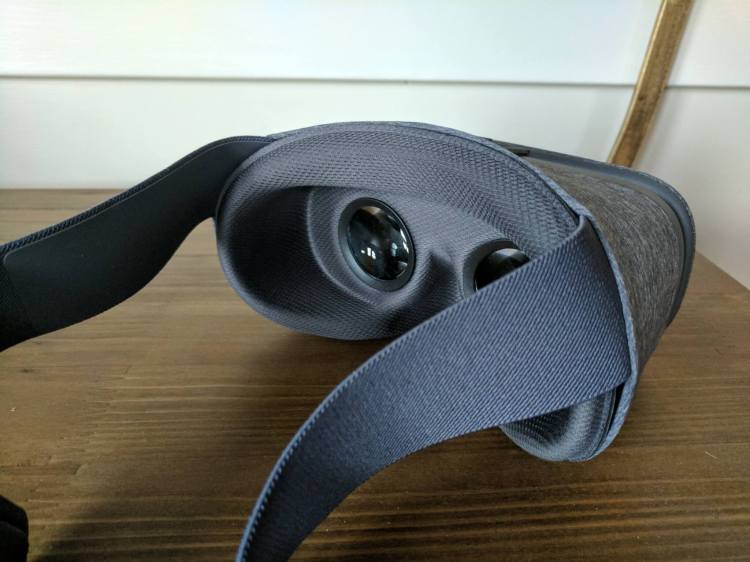testsetset
At Google I/O 2017 developer conference yesterday, the company announced a standalone Daydream VR headset in partnership with Qualcomm, with Lenovo and HTC slated to release commercial versions later this year. Today, the company shared more details, including what developers can expect in Daydream 2.0. Google also shared a small tidbit: Developers have built “more than 150 apps” for Daydream so far.
Google unveiled the Daydream platform a year ago at I/O 2016, but the View headset only arrived in November. In January, Google started letting developers submit their Daydream VR apps to Google Play.
Facebook and Samsung have not shared how many apps are in the Gear VR store, but a quick count shows the number is around 1,000. But their platform has been around for longer, so it’s not a big surprise that it’s ahead of Daydream.
Like Microsoft, Google is facing an uphill battle in VR. The company will have an even tougher time with standalone headsets, given that Oculus and Vive have big game developers behind them, which Google will have to win over if its VR strategy is to succeed. Last month, it acquired developer Owlchemy Labs, which produced the popular Job Simulator VR game.
June 5th: The AI Audit in NYC
Join us next week in NYC to engage with top executive leaders, delving into strategies for auditing AI models to ensure fairness, optimal performance, and ethical compliance across diverse organizations. Secure your attendance for this exclusive invite-only event.
But the number of apps is only one measure of success. Quality is more important, especially when it comes to virtual reality. On mobile, trying an app is a trivial task. In VR, you’re putting in a lot more effort because it’s immersing you in a new experience. If it’s not good, you will have wasted a lot more time than it takes to try a mobile app.
But it’s still important to watch which platforms developers are building for. Apps are a big reason why Android and iOS succeeded while their competitors failed. In the VR race, history could very well repeat itself: Where developers go, users will follow. And where users go, more developers will follow.


